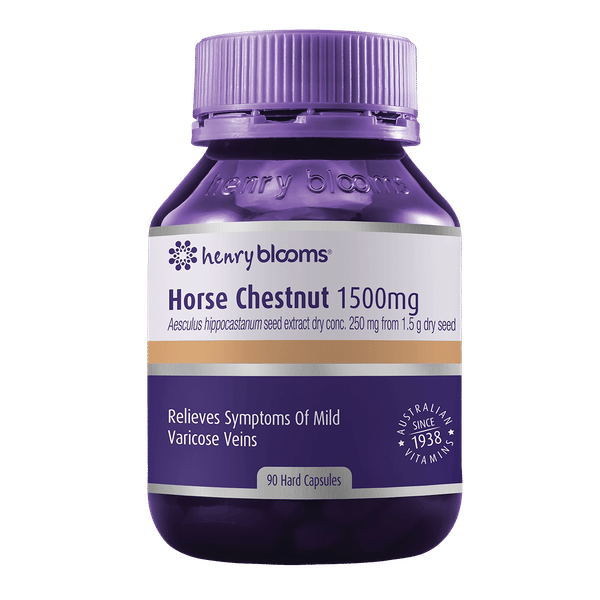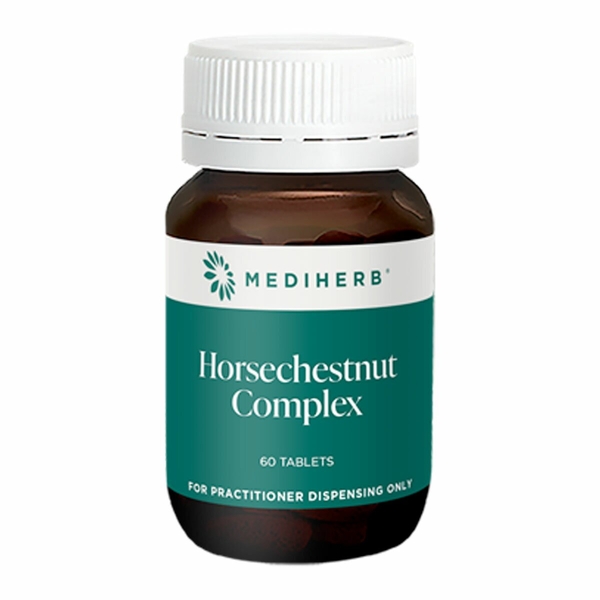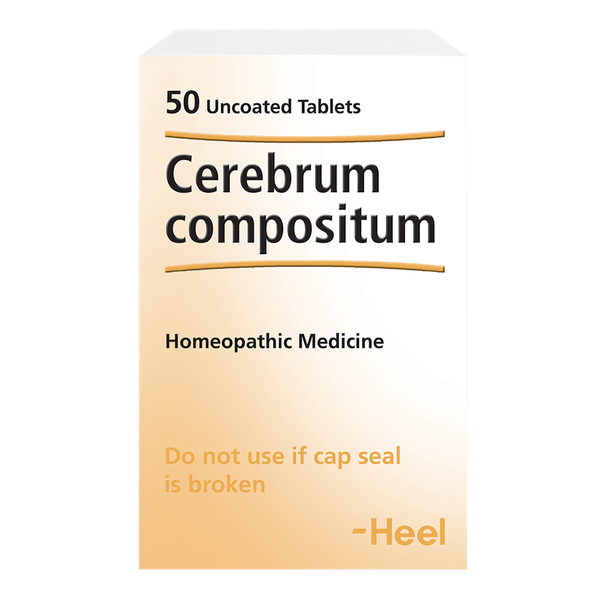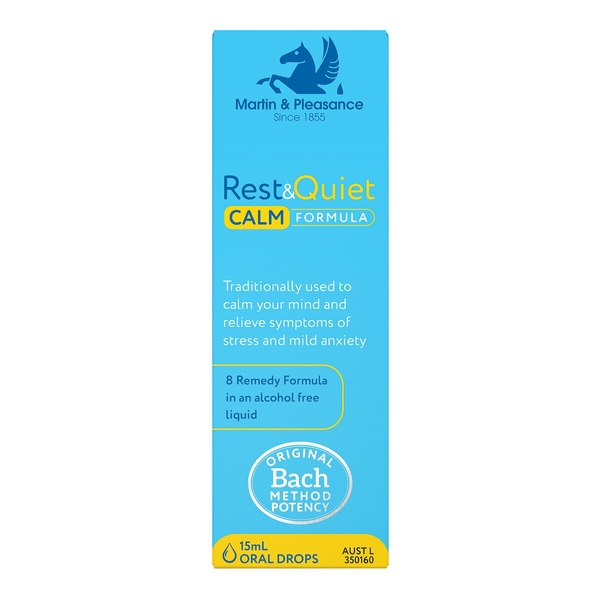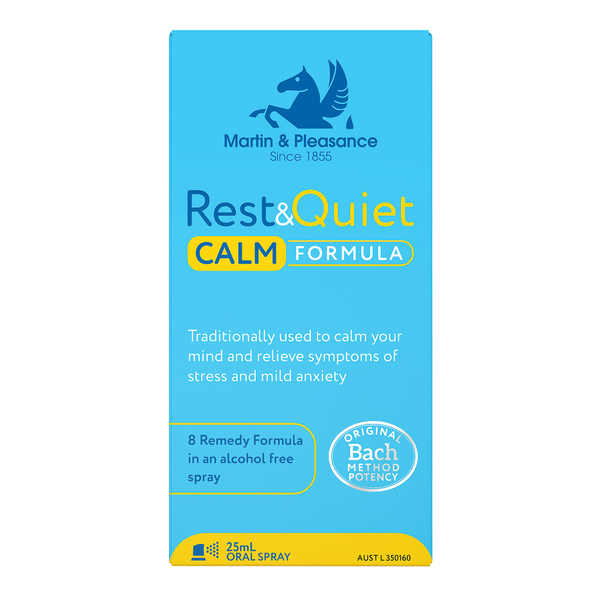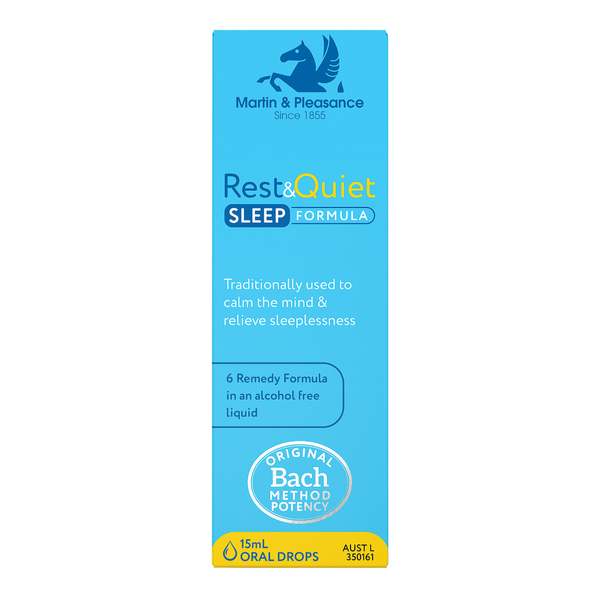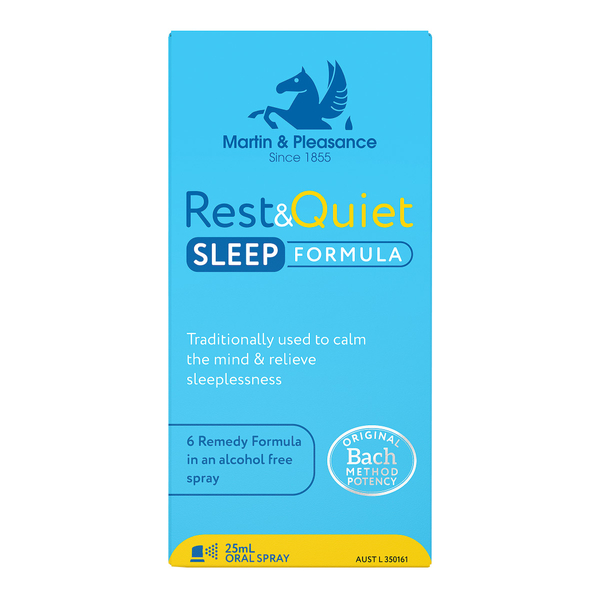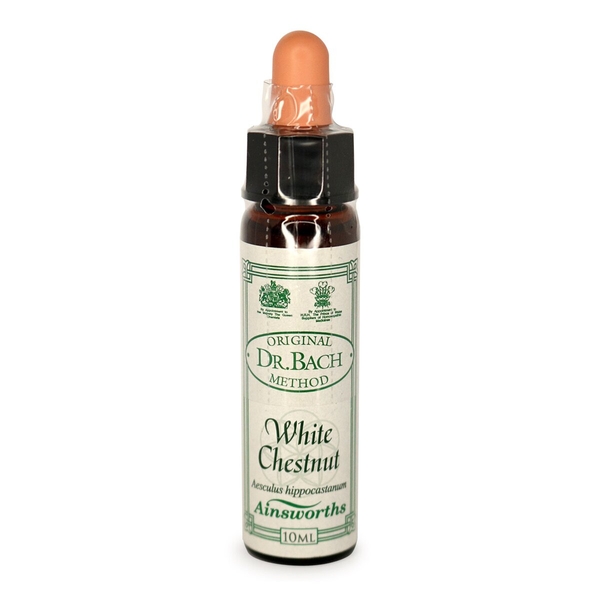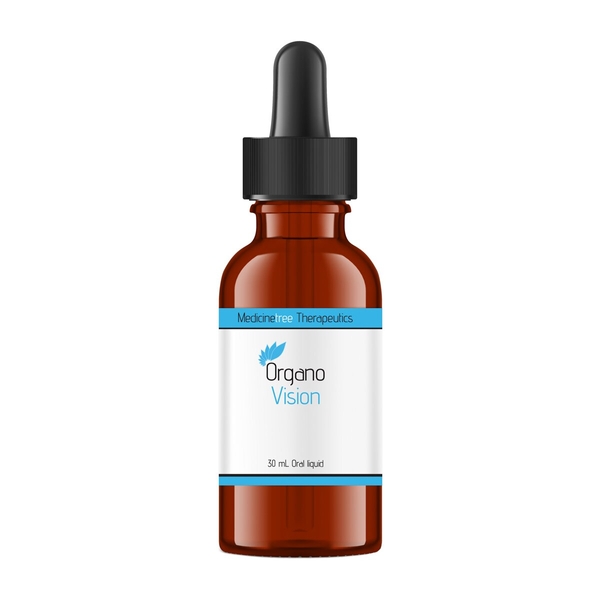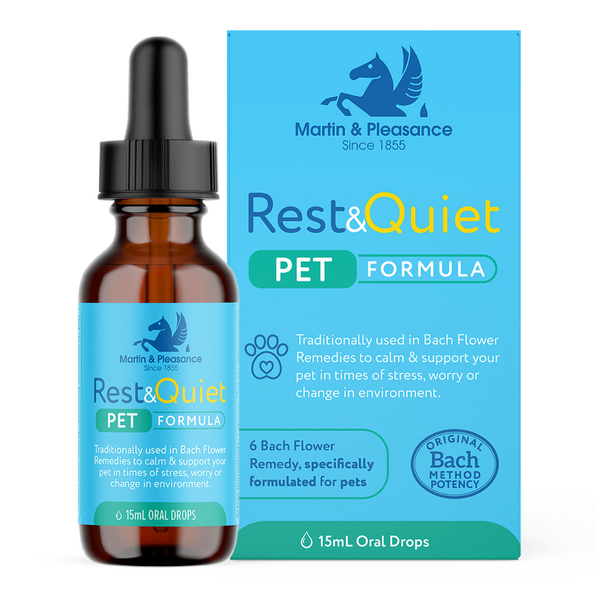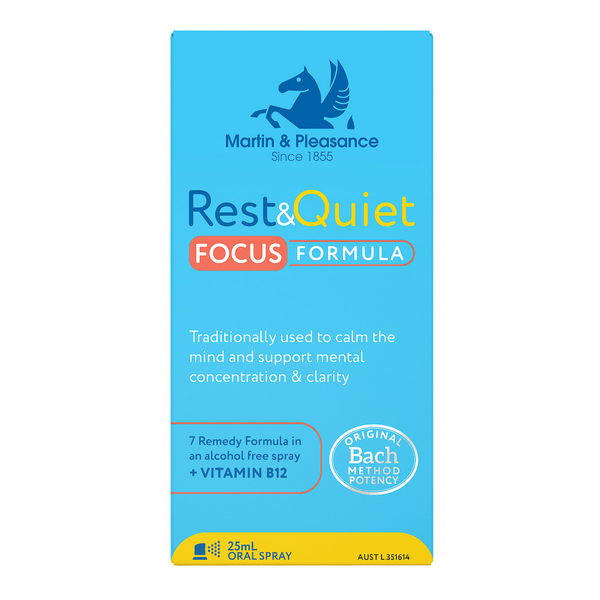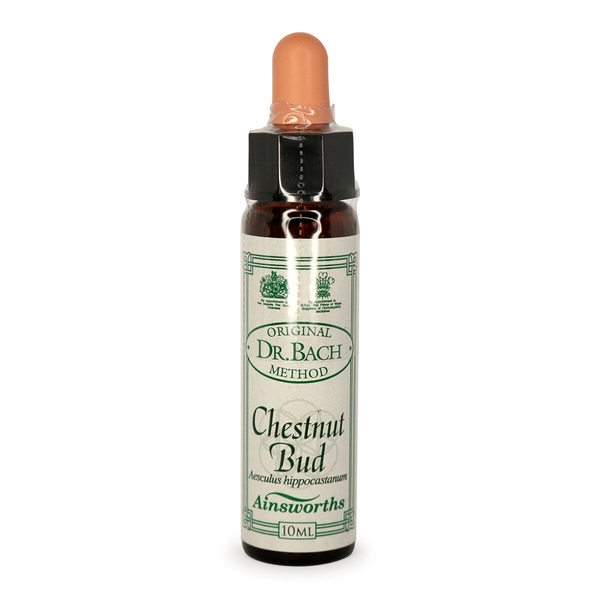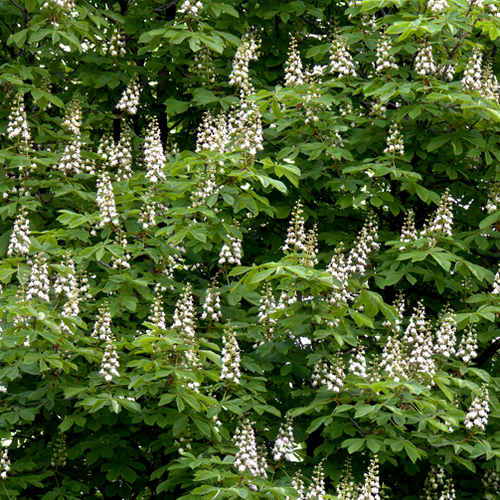
Horse chestnut
Scientific names: Aesculus hippocastanum
Family: Hippocastanaceae
Alternate names: Aescin, Buckeye, Castaño de Indias, Châtaignier de Mer, Châtaignier des Chevaux, Chestnut, Conker Tree, Escine, Faux-Châtaignier, Hippocastani Cortex, Hippocastani Flos, Hippocastani Folium, Hippocastani Semen, Hippocastanum Vulgare Gaertn, Marron Europeen, Marronnier, Marronnier Blanc, Marronnier Commun, Marronnier d'Inde, Marronnier des Chevaux, Pu, Sodium Aescinate, Spanish Chestnut, Venastat, Venostat, Venostasin Retard, White Chestnut
Actions: Anti-inflammatory, Antioxidant, Antithrombin, Vascular
Background
Horse chestnut (Aesculus hippocastanum) is a tree. Horse chestnut contains significant amounts of a poison called esculin and can cause death if eaten raw.
Horse chestnut also contains a substance that thins the blood. It makes it harder for fluid to leak out of veins and capillaries, which can help prevent water retention (edema). The horse chestnut fruits contain seeds that look like the sweet chestnut but have a bitter taste.
People most commonly take horse chestnut seed extracts by mouth to treat poor circulation that can cause the legs to swell (chronic venous insufficiency or CVI). It's also used for many other conditions, but there is no good scientific evidence to support these other uses.
Be careful not to confuse Aesculus hippocastanum (Horse chestnut) with Aesculus californica (California buckeye) or Aesculus glabra (Ohio buckeye). Some people call any of these plants horse chestnut, but they are different plants with different effects.
Horse chestnut also contains a substance that thins the blood. It makes it harder for fluid to leak out of veins and capillaries, which can help prevent water retention (edema). The horse chestnut fruits contain seeds that look like the sweet chestnut but have a bitter taste.
People most commonly take horse chestnut seed extracts by mouth to treat poor circulation that can cause the legs to swell (chronic venous insufficiency or CVI). It's also used for many other conditions, but there is no good scientific evidence to support these other uses.
Be careful not to confuse Aesculus hippocastanum (Horse chestnut) with Aesculus californica (California buckeye) or Aesculus glabra (Ohio buckeye). Some people call any of these plants horse chestnut, but they are different plants with different effects.
Safety Safety definitions
When taken by mouth: Standardized horse chestnut seed extract products are likely safe for most people when used short-term. Only use products which have had esculin, a toxic substance, removed. Horse chestnut products can sometimes cause side effects such as dizziness, headache, stomach upset, and itching.
Raw horse chestnut seed, bark, flower, and leaf contain esculin and are unsafe to use. Signs of esculin poisoning include stomach upset, muscle twitching, weakness, vomiting, diarrhea, depression, and paralysis. Seek immediate medical attention if you've accidentally consumed raw horse chestnut.
When applied to the skin: There isn't enough reliable information to know if horse chestnut is safe. Some people are allergic to horse chestnut.
Children: The raw horse chestnut seed, bark, flower, and leaf are unsafe and can even cause death. Children have been poisoned by drinking a tea made from the leaves and twigs, or from eating the seeds.
Bleeding disorders: Horse chestnut might slow blood clotting. Taking horse chestnut might increase the risk of bruising and bleeding in people with bleeding disorders.
Digestion problems: Horse chestnut seeds and bark can irritate the stomach. Don't use it if you have a bowel or stomach disorder.
Liver disease: There is one report of liver injury associated with using horse chestnut. If you have a liver condition, it is best to avoid horse chestnut.
Latex allergy: People who are allergic to latex might also be allergic to horse chestnut.
Kidney disease: There is a concern that horse chestnut might make kidney disease worse. Do not use it if you have kidney problems.
Surgery: Horse chestnut might slow blood clotting. Horse chestnut might increase the risk of bleeding if used before surgery. People using horse chestnut should stop at least 2 weeks before surgery.
Raw horse chestnut seed, bark, flower, and leaf contain esculin and are unsafe to use. Signs of esculin poisoning include stomach upset, muscle twitching, weakness, vomiting, diarrhea, depression, and paralysis. Seek immediate medical attention if you've accidentally consumed raw horse chestnut.
When applied to the skin: There isn't enough reliable information to know if horse chestnut is safe. Some people are allergic to horse chestnut.
Special Precautions & Warnings:
Pregnancy and breast-feeding: Taking the raw seed, bark, flower, or leaf is unsafe and can lead to death. There isn't enough reliable information to know if horse chestnut seed extract products are safe during pregnancy and breast-feeding, even if they have had the poisonous chemical esculin removed. Stay on the safe side and avoid use.Children: The raw horse chestnut seed, bark, flower, and leaf are unsafe and can even cause death. Children have been poisoned by drinking a tea made from the leaves and twigs, or from eating the seeds.
Bleeding disorders: Horse chestnut might slow blood clotting. Taking horse chestnut might increase the risk of bruising and bleeding in people with bleeding disorders.
Digestion problems: Horse chestnut seeds and bark can irritate the stomach. Don't use it if you have a bowel or stomach disorder.
Liver disease: There is one report of liver injury associated with using horse chestnut. If you have a liver condition, it is best to avoid horse chestnut.
Latex allergy: People who are allergic to latex might also be allergic to horse chestnut.
Kidney disease: There is a concern that horse chestnut might make kidney disease worse. Do not use it if you have kidney problems.
Surgery: Horse chestnut might slow blood clotting. Horse chestnut might increase the risk of bleeding if used before surgery. People using horse chestnut should stop at least 2 weeks before surgery.
Effectiveness
NatMed Pro rates effectiveness based on scientific evidence according to the following scale: Effective, Likely Effective, Possibly Effective, Possibly Ineffective, Likely Ineffective, Ineffective, and Insufficient Evidence to Rate.
Possibly effective Effectiveness definitions
- Poor circulation that can cause the legs to swell (chronic venous insufficiency or CVI). Taking 300 mg of standardized horse chestnut seed extract by mouth can reduce some symptoms of poor blood circulation, such as varicose veins, pain, tiredness, swelling in the legs, itching, and water retention. But it might be less effective than maritime pine bark for reducing leg swelling and cramps.
Dosing & administration
Horse chestnut extract has most often been used by adults in doses of 300-600 mg by mouth daily for 8-12 weeks. Most horse chestnut extract products contain 16% to 20% triterpene glycosides (saponins), which is referred to as "aescin" on product labels. Only use horse chestnut products which have had esculin, a poisonous chemical, removed. Speak with a healthcare provider to find out what dose might be best for a specific condition.
Interactions with pharmaceuticals
Medications that slow blood clotting (Anticoagulant / Antiplatelet drugs)
Interaction Rating=Moderate Be cautious with this combination.
Horse chestnut might slow blood clotting. Taking horse chestnut along with medications that also slow blood clotting might increase the risk of bruising and bleeding.
Interactions with herbs & supplements
Ginkgo: Ginkgo might interfere with the breakdown of horse chestnut. This could increase the effects and side effects of horse chestnut.
Herbs and supplements that might slow blood clotting: Horse chestnut might slow blood clotting and increase the risk of bleeding. Taking it with other supplements with similar effects might increase the risk of bleeding in some people. Examples of supplements with this effect include garlic, ginger, ginkgo, nattokinase, and Panax ginseng.
Herbs and supplements that might slow blood clotting: Horse chestnut might slow blood clotting and increase the risk of bleeding. Taking it with other supplements with similar effects might increase the risk of bleeding in some people. Examples of supplements with this effect include garlic, ginger, ginkgo, nattokinase, and Panax ginseng.
Interactions with foods
There are no known interactions with foods.
Products
View all productsRRP: $37.64$28.24Save: 25%
Create account
Practitioner product
Per tablet:
- Aesculus hippocastanum (Horsechestnut)
- Thuja occidentalis
- Strychnos ignatii (Ignatia)
- Ruta graveolens
- Arnica montana
- Aconitum napellus (Aconite)
- Magnesium phosphoricum (Mag phos)
- Porcine brain
- Porcine embryo
- Porcine liver
- Porcine placenta
- Monobasic potassium phosphate
- Selenium
- Phosphoric acid
- Cinochona pubescens
- Sublimed sulphur
- Potassium dichromate
- Gelsemium sempervirens
- Semecarpus orientale
- Conium maculatum
- Hyoscyamus niger
- Anamirta cocculus
Practitioner product
Per serve:
- Aesculus hippocastanum (Horsechestnut)
- Mimulus guttatus
- Helianthemum nummularium (Rock rose)
- Populus tremula (herb) (Aspen)
- Ornithogalum umbellatum (Star of Bethlehem)
- Prunus cerasifera (Cherry plum)
- Clematis vitalba
- Impatiens glandulifera
RRP: $18.24$15.50Save: 15%
Create account
Per serve:
- Aesculus hippocastanum (Horsechestnut)
- Prunus cerasifera (Cherry plum)
- Clematis vitalba
- Helianthemum nummularium (Rock rose)
- Ornithogalum umbellatum (Star of Bethlehem)
- Mimulus guttatus
- Impatiens glandulifera
- Populus tremuloides (Aspen)
RRP: $28.45$24.18Save: 15%
Create account
Per serve:
- Aesculus hippocastanum (Horsechestnut)
- Prunus cerasifera (Cherry plum)
- Ulmus procera (Elm)
- Verbena officinalis (Vervain)
- Agrimonia eupatoria (Agrimony)
- Impatiens glandulifera
RRP: $18.24$15.50Save: 15%
Create account
Per serve:
- Aesculus hippocastanum (Horsechestnut)
- Verbena officinalis (Vervain)
- Impatiens glandulifera
- Ulmus procera (Elm)
- Prunus cerasifera (Cherry plum)
- Agrimonia eupatoria (Agrimony)
RRP: $28.45$24.18Save: 15%
Create account
RRP: $26.00$22.10Save: 15%
Create account
Per serve:
- Aesculus hippocastanum (Horsechestnut)
- Atropa belladonna
- Euphrasia
- Hamamelis virginiana (Witch hazel)
- Porcine lachrymal glands
- Porcine lens
- Porcine optic nerve
- Ruta graveolens
Practitioner product
Per serve:
- Aesculus hippocastanum (Horsechestnut)
- Clematis vitalba
- Mimulus guttatus
- Impatiens glandulifera
- Ornithogalum umbellatum (Star of Bethlehem)
- Calluna vulgaris (Heather)
RRP: $21.00$17.85Save: 15%
Create account
Per serve:
- Aesculus hippocastanum (Horsechestnut)
- Clematis vitalba
- Scleranthus annus
- Carpinus betulus (Hornbeam)
- Larix decidua (Larch)
- Ulmus procera (Elm)
- Juglans regia (Walnut)
- Mecobalamin (Vitamin B12)
RRP: $27.30$23.21Save: 15%
Discontinued by Rest & Quiet
Create account
RRP: $26.00$22.10Save: 15%
Out of stock
Create account
return unknown
vital.ly has licensed monographs from TRC Healthcare.
This monograph was last reviewed on 17/12/2024 11:00:00 and last updated on 27/03/2022 01:08:26. Monographs are reviewed and/or updated multiple times per month and at least once per year.
Natural Medicines disclaims any responsibility related to medical consequences of using any medical product. Effort is made to ensure that the information contained in this monograph is accurate at the time it was published. Consumers and medical professionals who consult this monograph are cautioned that any medical or product related decision is the sole responsibility of the consumer and/or the health care professional. A legal License Agreement sets limitations on downloading, storing, or printing content from this Database. No reproduction of this monograph or any content from this Database is permitted without written permission from the publisher. It is unlawful to download, store, or distribute content from this site.

